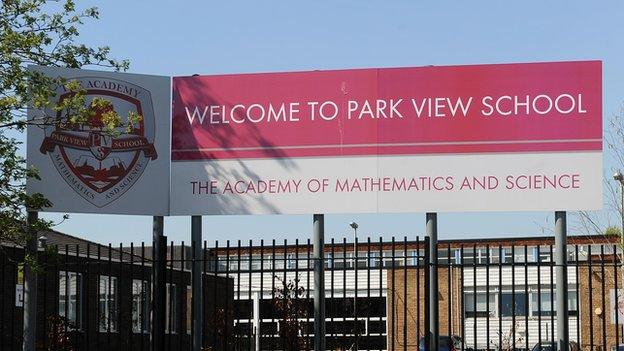Promoting British values in schools
- Published
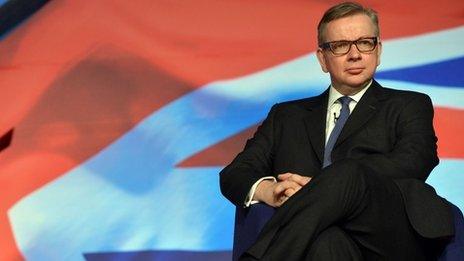
Mr Gove wants British values to be promoted in all schools in England
As Education Secretary Michael Gove calls for British values to be actively promoted in all schools across England, the BBC News website gauges head teachers' responses to this requirement.
Mr Gove's statement on British values in schools follows concerns about an Islamist takeover in schools in Birmingham - the so-called Trojan Horse claims.
In response to the issue, Mr Gove said pupils must be made aware of the "the fundamental British values of democracy, the rule of law, individual liberty and mutual respect and tolerance of those with different faiths and beliefs".
His stance has the backing of Prime Minister, David Cameron.
But what do head teachers make of this latest requirement? which, the Department for Education (DfE) says, will come into force from September after a consultation on its exact wording.

Russell Hobby: Who gets to sign off the list of British values?
"I think they'll be quite sceptical when a politician makes a statement in response to a crisis," says Russell Hobby, general secretary of the National Association of Head Teachers (NAHT).
"They're never thought through, never debated, the crisis goes and a different one comes, but the requirements on schools don't end.
"They can only do so much and the time spent on this takes away from the core. There are only so many hours in the school day."
Universal values
Mr Hobby adds that defining British values is no easy task - and feeling uncomfortable about talking about them is a very British trait in itself.
"Values are an important issue within the education system, but what are they? Liberty, freedom, democracy? - but I think these are universal values as much as they are British.
"And when we start listing them, it's interesting. But who gets to sign off the list?"
Malcolm Trobe, deputy general secretary of the Association of School and College Leaders (ASCL) says schools are already working to promote core British values.
"For the vast majority of schools, this will make no difference to what they're doing, because they're already engaged in this agenda," says Mr Trobe.
"Classroom teachers will continue to do what they always have done, which is developing young people to work together as a community, whether that's as a teaching group or a school."
Democratic process
The DfE says the understanding and knowledge that pupils will be expected to have include:
How citizens can influence decision-making through the democratic process
An appreciation that living under the rule of law protects individual citizens
An understanding that bodies such as the police and the army can be held to account by the people, through the democratic organs of government
An understanding that the freedom to hold other faiths and beliefs is protected in law, and an acceptance that other people having different faiths or beliefs to oneself (or having none) should not be the cause of prejudicial or discriminatory behaviour
An understanding of the problems of identifying and combating discrimination
Currently academies and free schools (some 4,000 institutions) have a duty to "respect" fundamental British values, but this does not apply to England's 16,000 local authority-run schools.
.jpg)
Malcolm Trobe: Schools already promote British values
Talks have begun to establish how these new standards will be judged by inspectors from the schools watchdog, Ofsted, the DfE says.
Mr Trobe says the best way for schools to instil such values in pupils is to reflect them in the way the institution is run.
"Schools have to embody it [democracy] in the way they work and within the ethos and culture of the school - within a framework of rules, regulations which are there for the benefit of everyone.
"It's not just a question of sitting and teaching children about it."
The NAHT's Russell Hobby agrees that the way a school operates is more valuable than separate lessons on individual values.
"It's got to be more about how adults treat the children, how adults treat other adults, how we all behave towards one another."
Whatever the teaching profession makes of the new requirement to promote British values, Mr Gove has the blessing of Prime Minister David Cameron.
Speaking from Sweden, Mr Cameron said: "I think what Michael Gove has said is important and I think it will have the overwhelming support of everyone, including people who have come to settle in Britain and make their home in Britain."
- Published10 June 2014
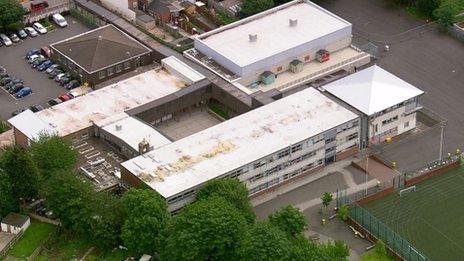
- Published9 June 2014
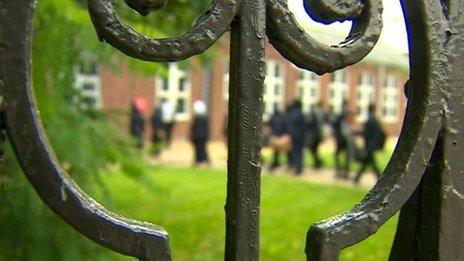
- Published9 June 2014
- Published9 June 2014
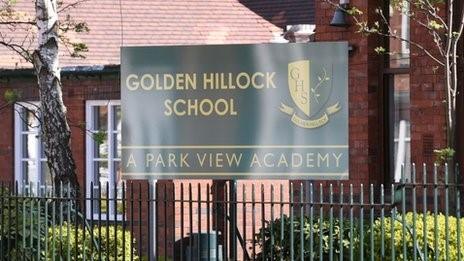
- Published9 June 2014
- Published9 June 2014
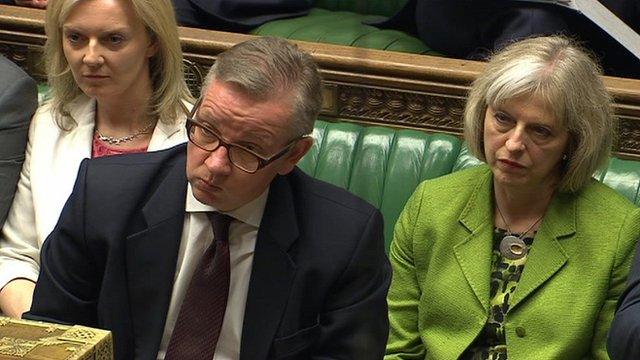
- Published9 June 2014
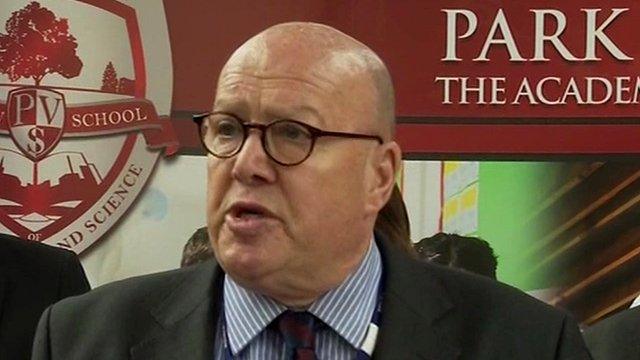
- Published9 June 2014
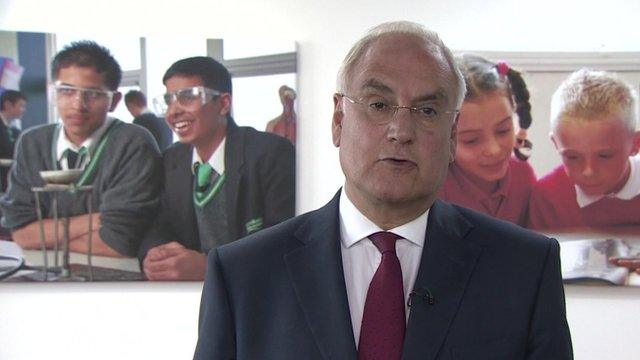
- Published9 June 2014
